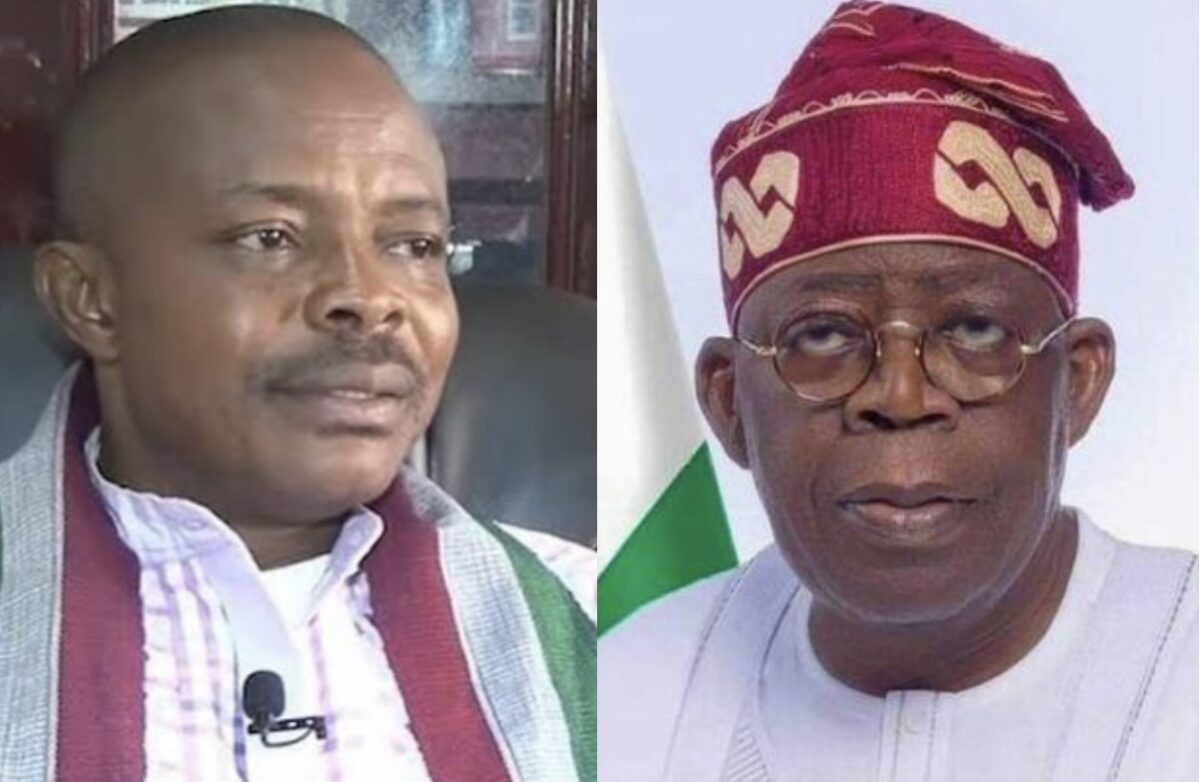The business community has expressed concern over the planned nationwide strike by organised labour over workers’ welfare, saying it will worsen the country’s economic situation and cause more hardship for the citizens.
The Nigeria Labour Congress (NLC) is set to convene on Tuesday to decide on the strike, after the expiration of the 21-day ultimatum given to the federal government to provide palliatives for Nigerians to cushion the impact of the fuel subsidy removal.
The NLC is also demanding a review of the minimum wage, tax exemptions and allowances for public sector workers, among others.
The NLC said the planned indefinite action, which is a follow-up to its recent warning industrial action, would shut down commercial and economic activities across the country.
However, the business community fears that any shutdown of the economy at this time would not augur well for the country and the generality of the citizens.
The Director-General of the Manufacturers Association of Nigeria (MAN), Segun Ajayi-Kadir, said yesterday that a national strike now would complicate the present economic situation.
“Like we have always said, when the labour union goes on strike, the economy is negatively impacted. It is not government that suffers, but the masses. There are fears that if that strike is accompanied by violent protests, it will have implications for maintenance of peace,” Ajayi-Kadir said.
He said the economy was going through a lot of challenges and needed all hands to be on deck to get it on the path of recovery and reflation.
“You are aware that this administration is barely 100 days old and there are quite a number of policy initiatives the government has taken that are supposed to help pave the way for economic reflation in the country. Those policies are yet to fully mature to start to yield any positive outcomes.
“In my own opinion, all hands should be on deck to get the economy on the path of recovery and reflation. A strike at this time is going to set back the process and may lead to further hardship for the people and the economy,” he said.
He appealed to government and labour to resolve their differences on the issue, stressing: “I will particularly appeal to the labour union to consider other means of driving home their demands rather than grounding the economy because the most impacted will not be the government; it will be the people that they speak for.”
The Director-General, Nigeria Employers’ Consultative Association (NECA), Mr. Adewale Oyerinde, also said on TVC that Nigeria cannot afford another strike at this point in time because of the adverse effects this might cause to the financial health and stability of the economy.
A stock market operator, Peter Adebola, said stock market activities may also be grounded should organised labour make good its threat to embark on indefinite strike, especially if the Nigeria Union of Petroleum and Natural Gas Workers (NUPENG) and Petroleum and Natural Gas Senior Staff Association of Nigeria (PENGASSAN) join the action.
“All stock market macroeconomic indicators would also go down. This is because the macroeconomic indicators that would influence the stocks would be negative,” Adebola said.
The last meeting between the federal government and labour had ended in a deadlock. Labour Minister Simon Lalong emerged from a meeting with Vice President Kashim Shettima on Wednesday optimistic that the matter would be resolved.
“I don’t think there is any problem. We don’t have any fears about some of the things they (labour) put on the table, and also the suggestions and the package of the Federal Government,” he said.
“As for me, I don’t think there is any problem. We have fully spent time with the Nigerian labour, and the posture of the President too is towards the welfare and prosperity of workers.
“We have no doubt, and that’s why in many of our meetings with them, we did not end up boxing ourselves. We hope that the best is going to come.”
